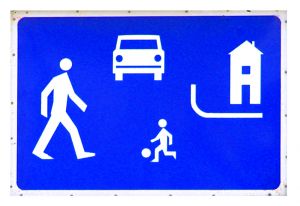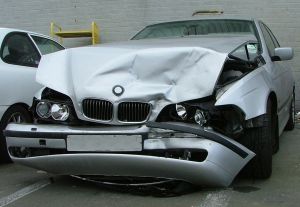 Motor vehicle bodily injury (BI) insurance compensates for economic and non-economic damages caused by the insured at-fault driver and vehicle owner. The amount available under any particular policy is capped by the coverage limits chosen by the insured.
Motor vehicle bodily injury (BI) insurance compensates for economic and non-economic damages caused by the insured at-fault driver and vehicle owner. The amount available under any particular policy is capped by the coverage limits chosen by the insured.
BI coverage is not mandatory in Florida. The insured must pay a premium for the coverage on top of what is required to obtain the mandatory coverage of property damage liability and personal injury protection (PIP). For this reason, many Florida drivers do not maintain BI coverage.
Uninsured/Underinsured Motorist coverage is designed to fill the void where BI is either not available or the BI limit is less than the total damages sustained. Put another way, UM provides coverage for damages which you are legally entitled to recover from the owner or operator of an uninsured or underinsured motor vehicle who causes an accident which results in your bodily injury. Like BI, UM insurance is not mandatory.
Is UM available to a motorcyclist who sustains personal injuries in a crash caused by an uninsured motorist? Maybe.
Continue reading
 Florida Injury Attorney Blawg
Florida Injury Attorney Blawg









